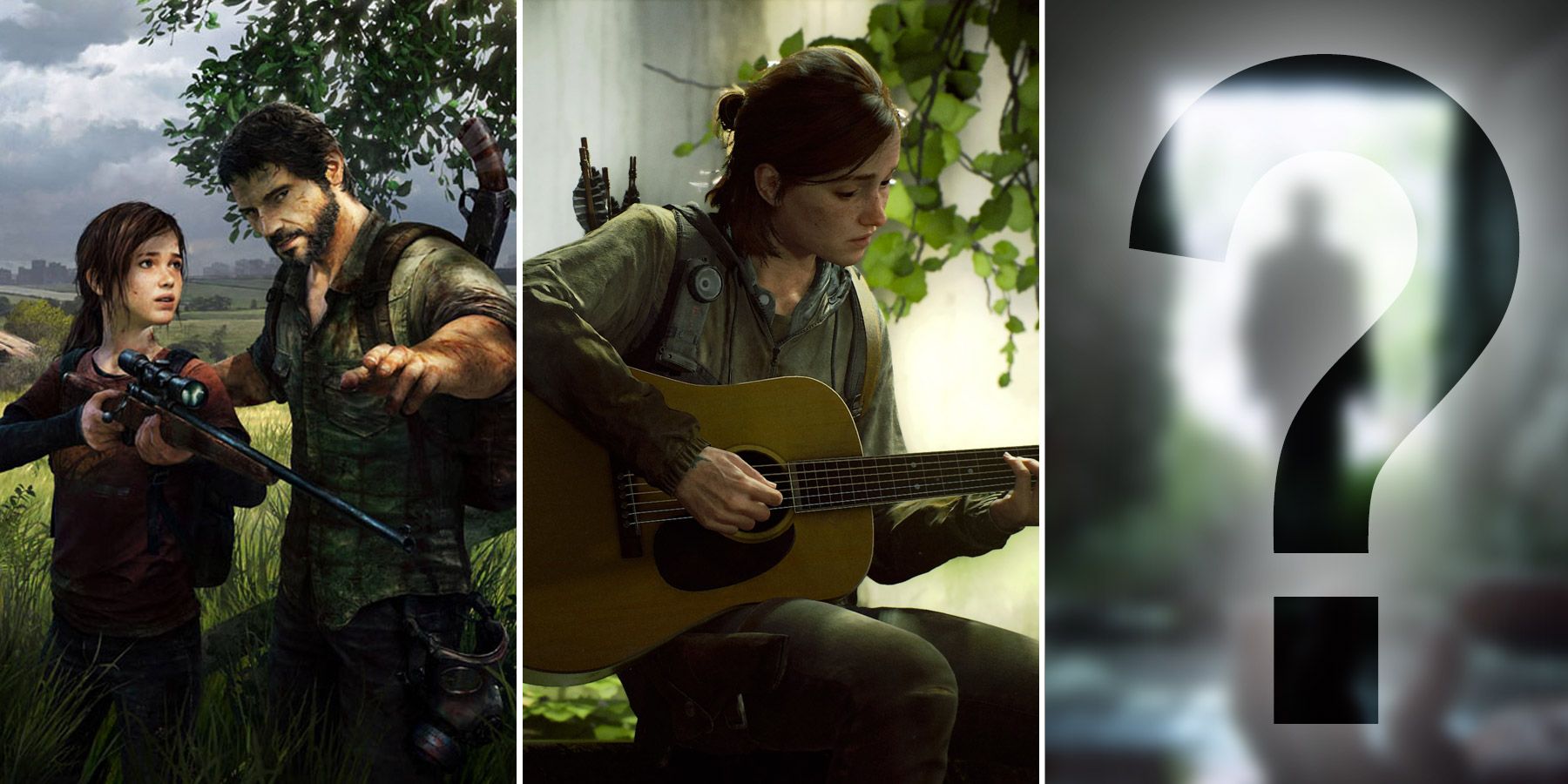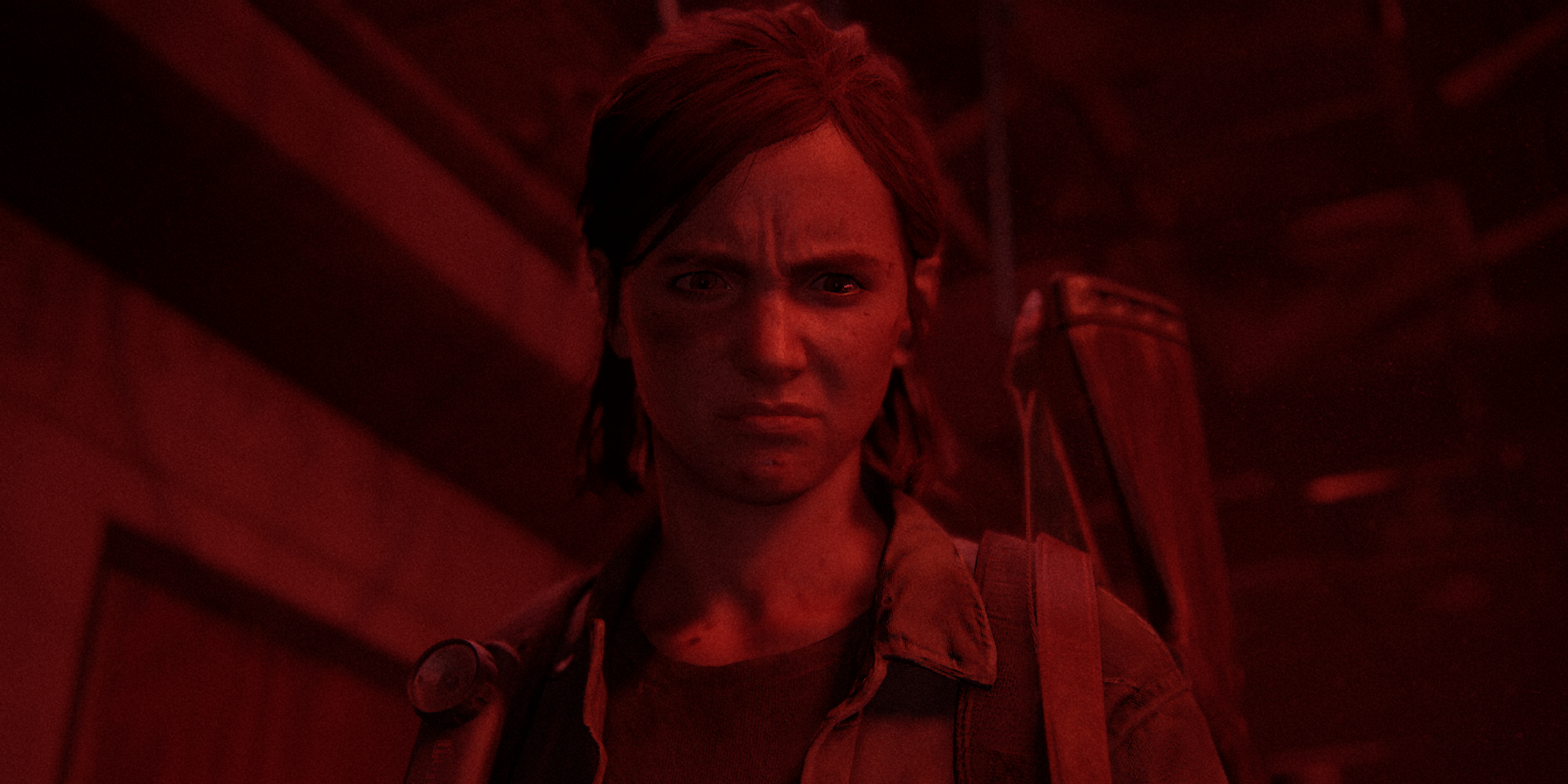
The Last of Us 3: Unveiling a Revolutionary New Theme

The Last of Us 3 may take a refreshing turn, exploring lighter themes in contrast to the darkness of its predecessor Get ready for a new emotional journey!
The video game industry has witnessed a significant change in tone over the past few decades. In the 80s and 90s, video games were primarily marketed as bright toys for children, featuring vibrant visuals and easy gameplay. However, as games became more technologically advanced in the 2000s, a noticeable shift occurred towards more mature themes, catering to an older demographic with games like Grand Theft Auto and Gears of War. Although the market now offers greater diversity, mature-themed games still exist, and The Last of Us is a prime example.
Set in a post-apocalyptic world where people's faces are infested with mushrooms, The Last of Us is undeniably geared towards adults. Its extreme violence and graphic depiction make it clear that this franchise explores complex and mature subjects, sometimes at the expense of the player's enjoyment. Nevertheless, while these adult themes contribute to The Last of Us' success, the upcoming release of The Last of Us Part 3 may opt for a slight tonal adjustment.
The Last of Us Part 3's Themes Could Be a Lot Lighter Than The Last of Us Part 2's
The first installment of The Last of Us had several grim moments, but its main theme revolved around discovering hope in dark circumstances. Joel, who lost his daughter at the beginning of the game, gradually transforms into a bitter killer over the next twenty years. However, upon meeting Ellie, he finds a reason to fight again. Despite the presence of disturbing scenes like torture and sexual assault, the core of the first game remains a hopeful story about reclaiming something lost for a long time.
In contrast, The Last of Us Part 2 maintains a consistently dark and bleak atmosphere throughout. Instead of focusing on the search for something lost, this sequel delves into the experience of losing everything all at once. Hatred and revenge serve as the central themes, perpetuating a cycle of violence against its victims. As the game progresses, Ellie succumbs to this cycle and becomes a ruthless killer, and Abby is also entangled in the same destructive pattern. By the end of The Last of Us Part 2, Ellie and Abby are left bereft, with most of their loved ones dead or absent. The concluding scene depicts Ellie's failed attempt to play Joel's guitar, symbolizing the magnitude of loss caused by this cycle of vengeance.
The Last of Us Part 1 and Part 2 are exceptional examples of storytelling in video games, but they delve into very dark territory, particularly the sequel. While some fans appreciate the mature and complex themes, The Last of Us Part 2 may have gone too far in certain places. Naughty Dog intended for certain scenes to be challenging to play through, but that doesn't make the experience any easier.
The Last of Us Part 3 may take a completely different approach compared to its predecessors. While it will undoubtedly maintain mature themes and violent imagery, The Last of Us Part 3 may prioritize more positive themes, showcasing the resilience of humanity even in the face of an apocalypse. Drawing inspiration from the Bill and Frank episode of the HBO show, The Last of Us Part 3 could explore themes of love's endurance despite the horrifying state of the world.














